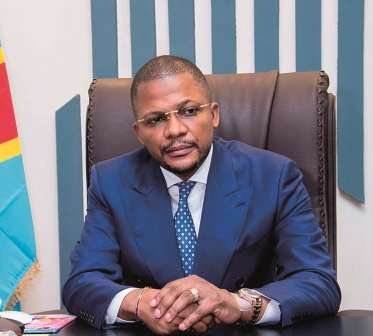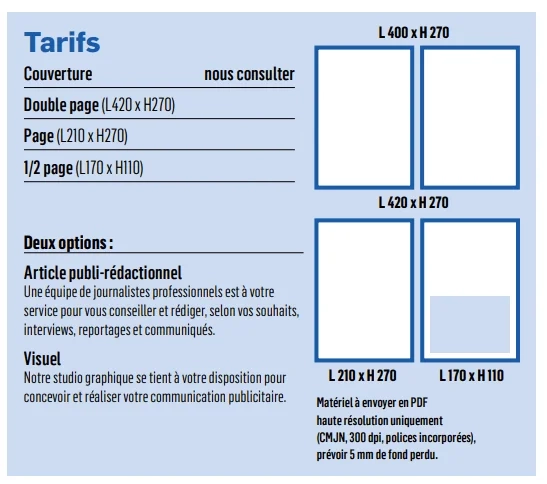
Didier Budimbu Ntubuanga has been Minister of Hydrocarbons since April 12, 2021. In this position, he is responsible for developing the DRC's enormous hydrocarbon potential, of which only 4.51 billion tons of exploited resources are currently being exploited.
Before being appointed National Minister of Hydrocarbons of the Democratic Republic of Congo, Didier Budimbu Ntubuanga held the position of Vice Minister of Primary, Secondary and Technical Education (EPST) in the Ilunga2 government for two years, from September 6, 2019 to April 11, 2021.
The hydrocarbon sector, for which he is responsible, is included in the fifth pillar of the government's program for inclusive growth. Its twenty-first pillar includes the revitalization of the hydrocarbon sector, both upstream and downstream.
Also, determined to make oil a key sector in its diversification, the DRC launched an international call for tenders in July 2022 for 27 oil permits and three gas blocks. Their exploitation will be ecological, without any negative impact on the environment, in accordance with legal provisions as well as respect for the commitment made by the DRC – a solution country in the fight against global warming – at the COP 26 Conference held in Glasgow.
In the downstream oil sector, Didier Budimbu Ntubuanga's roadmap is to provide the entire national territory with transport (pipeline), storage and distribution infrastructure to facilitate low-cost access to petroleum products for all social strata of the population, thereby realizing the Head of State's vision: "People First."
"The DRC," the Minister of Hydrocarbons believes, "has the potential to produce between 500,000 and 1 million barrels per day. Especially since the country also retains the potential to develop methane for domestic use."
Didier Budimbu Ntubuanga wants to respond to two major energy challenges: the development of its hydrocarbon resources and the satisfaction of the growing need for energy, including petroleum products, for the well-being of the population and the development of economic activities.
















 A Seat That Transforms into a Bed
A Seat That Transforms into a Bed  In the world of air travel, economy class is often considered the most affordable option. However, at Air Afrika, we believe that affordability shouldn't mean compromising on quality of service. Our class
In the world of air travel, economy class is often considered the most affordable option. However, at Air Afrika, we believe that affordability shouldn't mean compromising on quality of service. Our class









